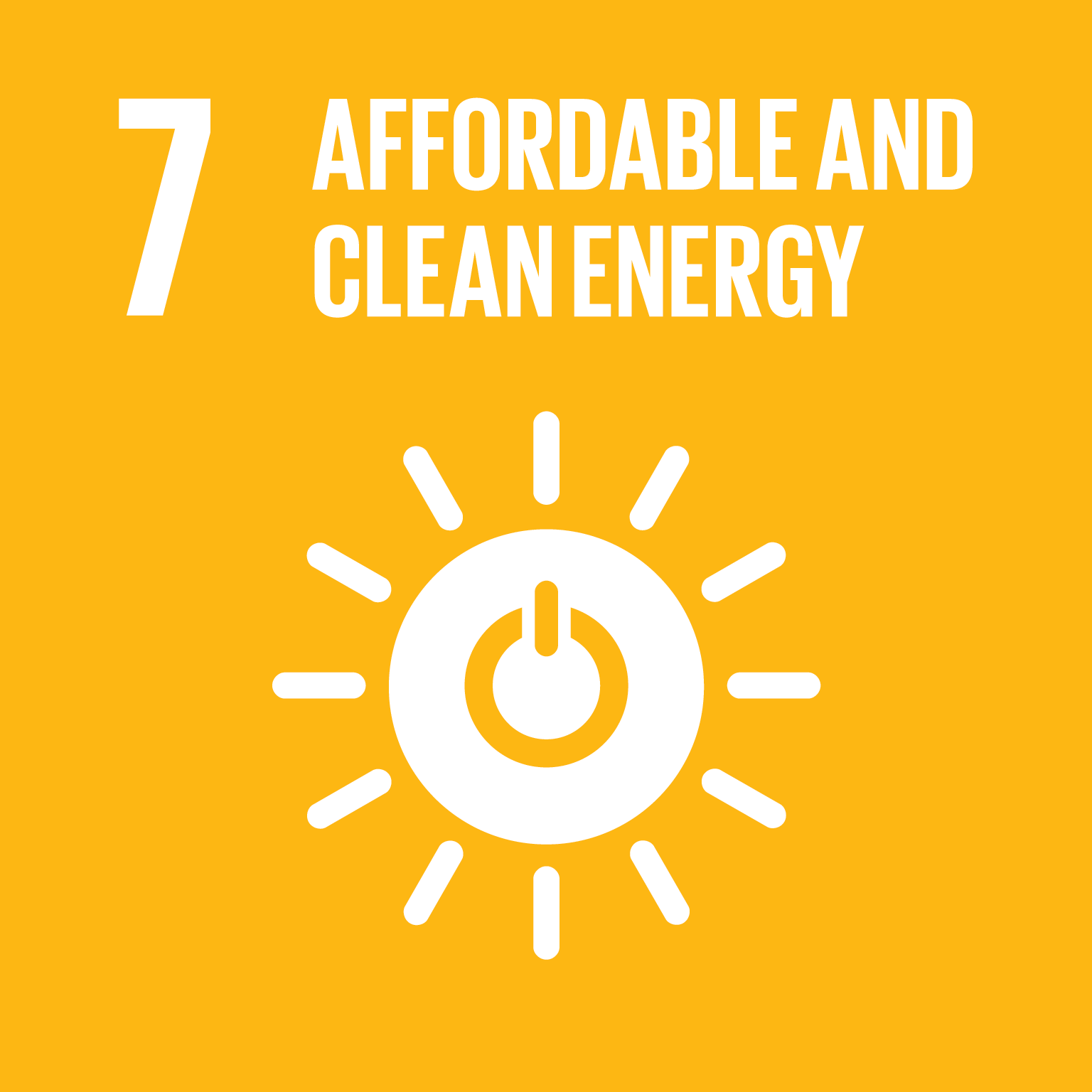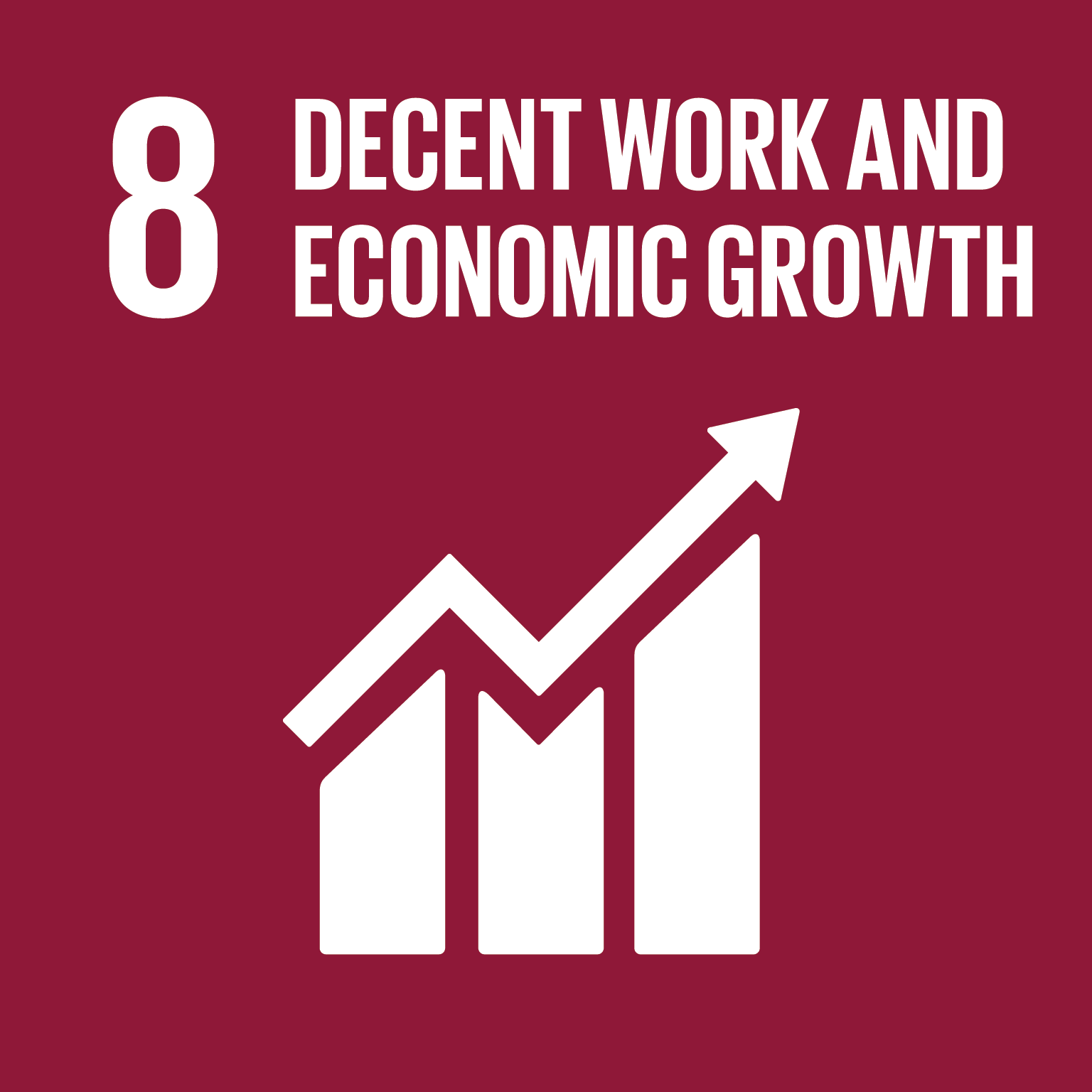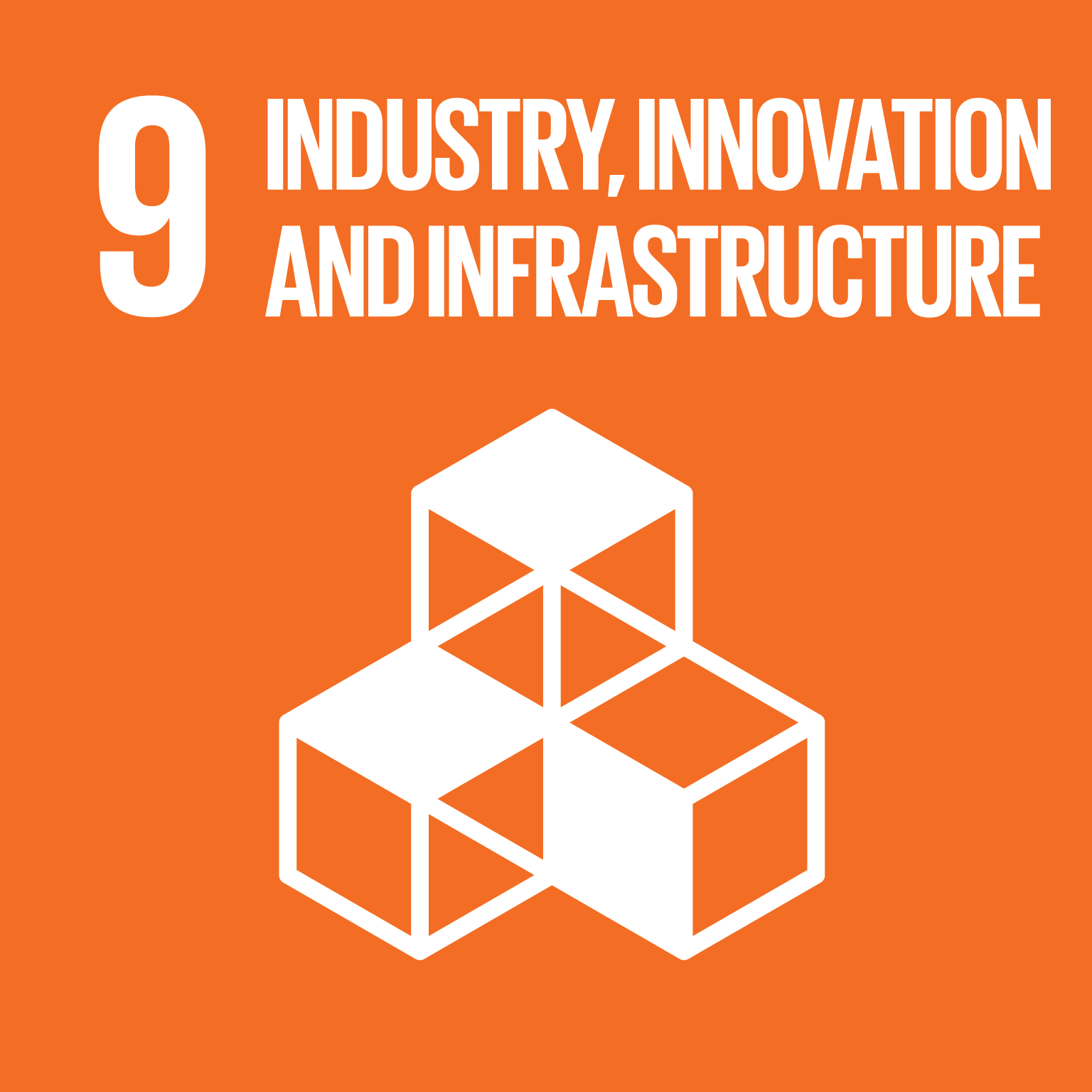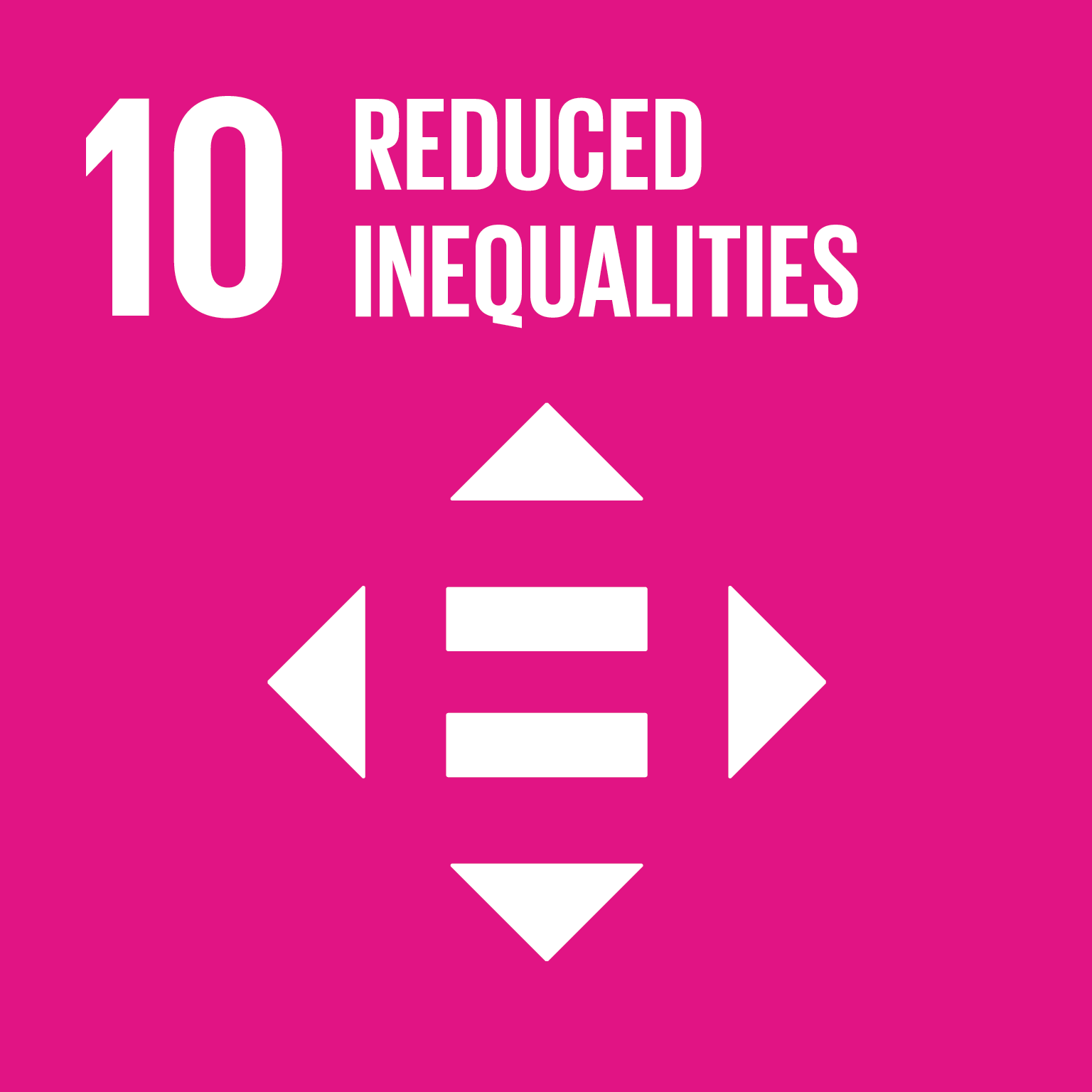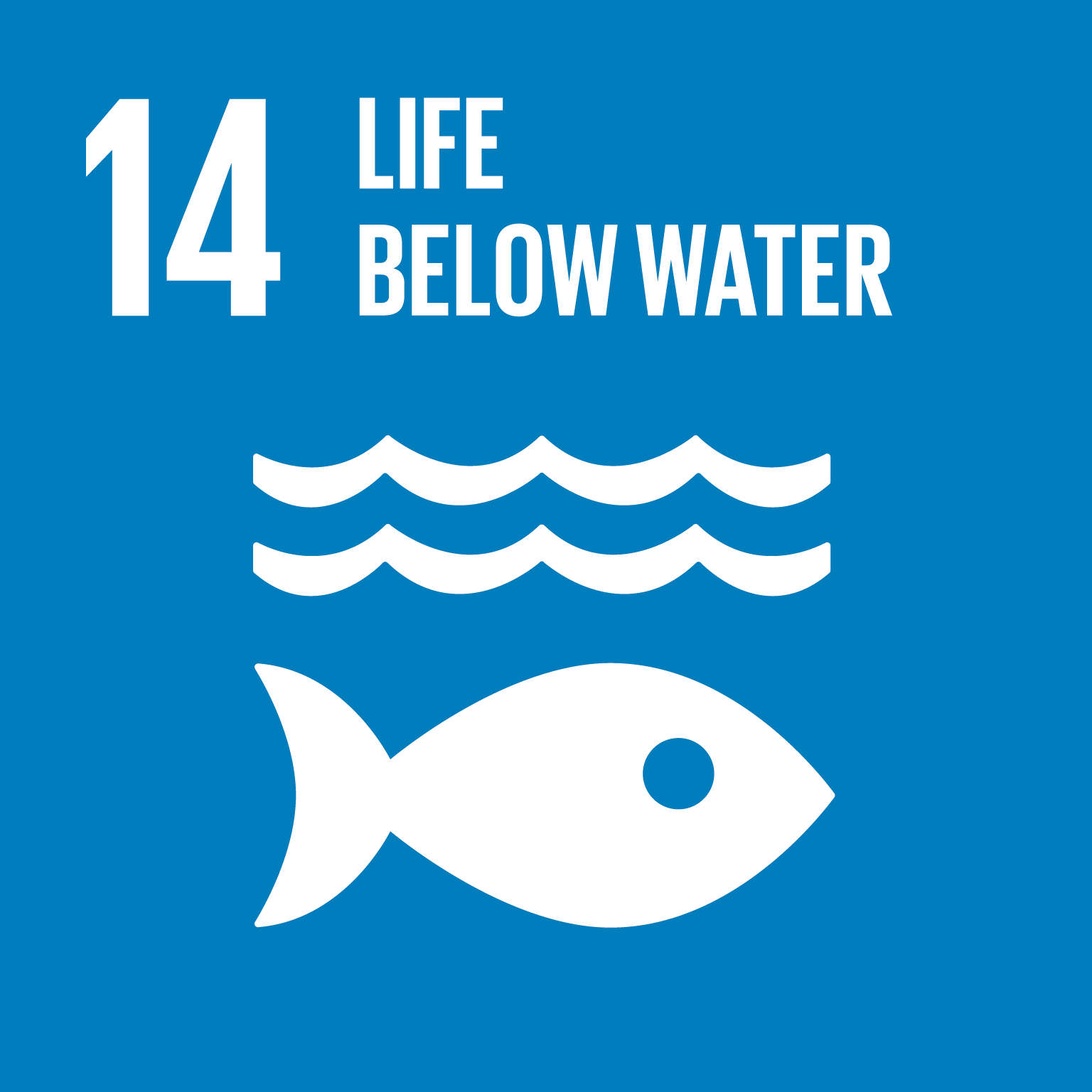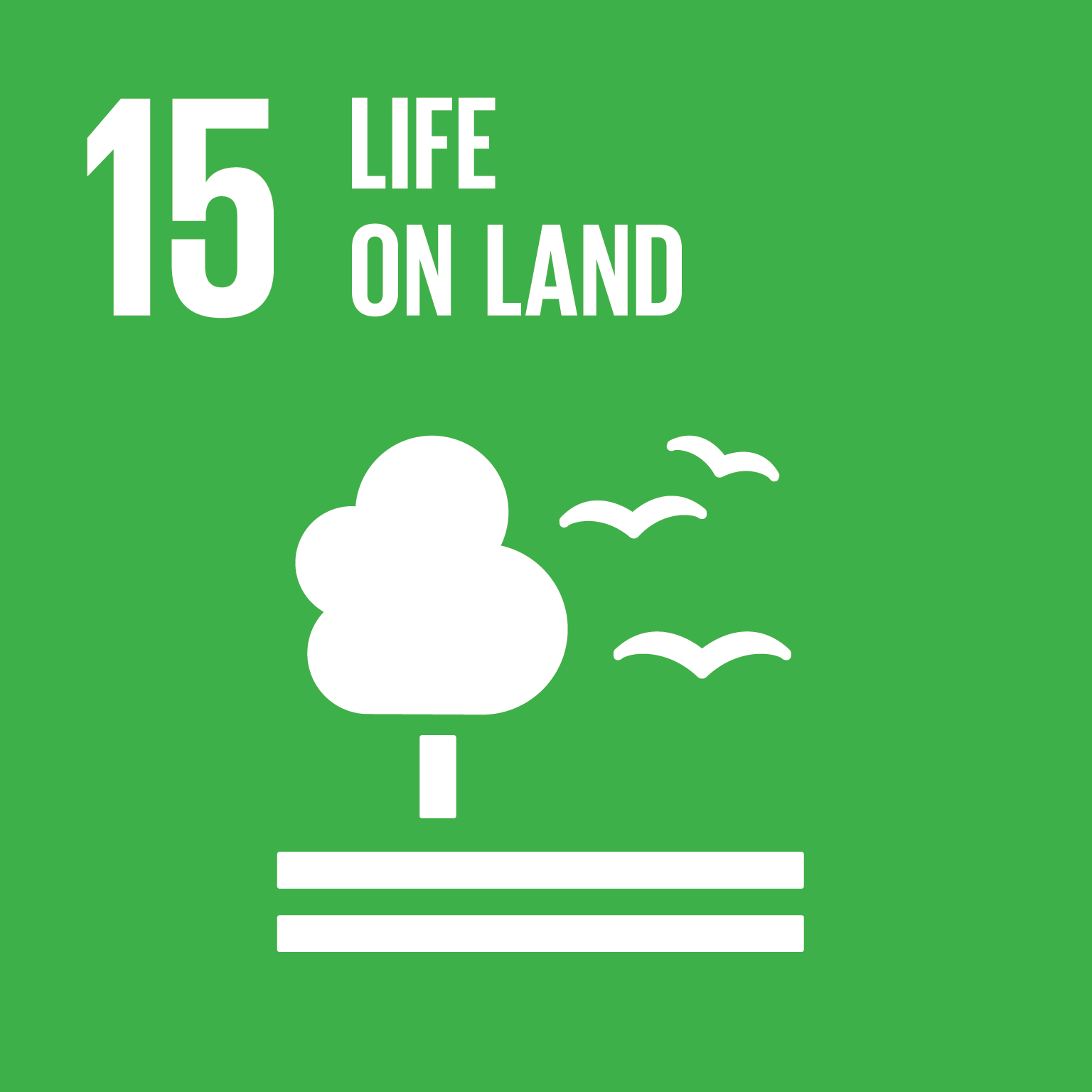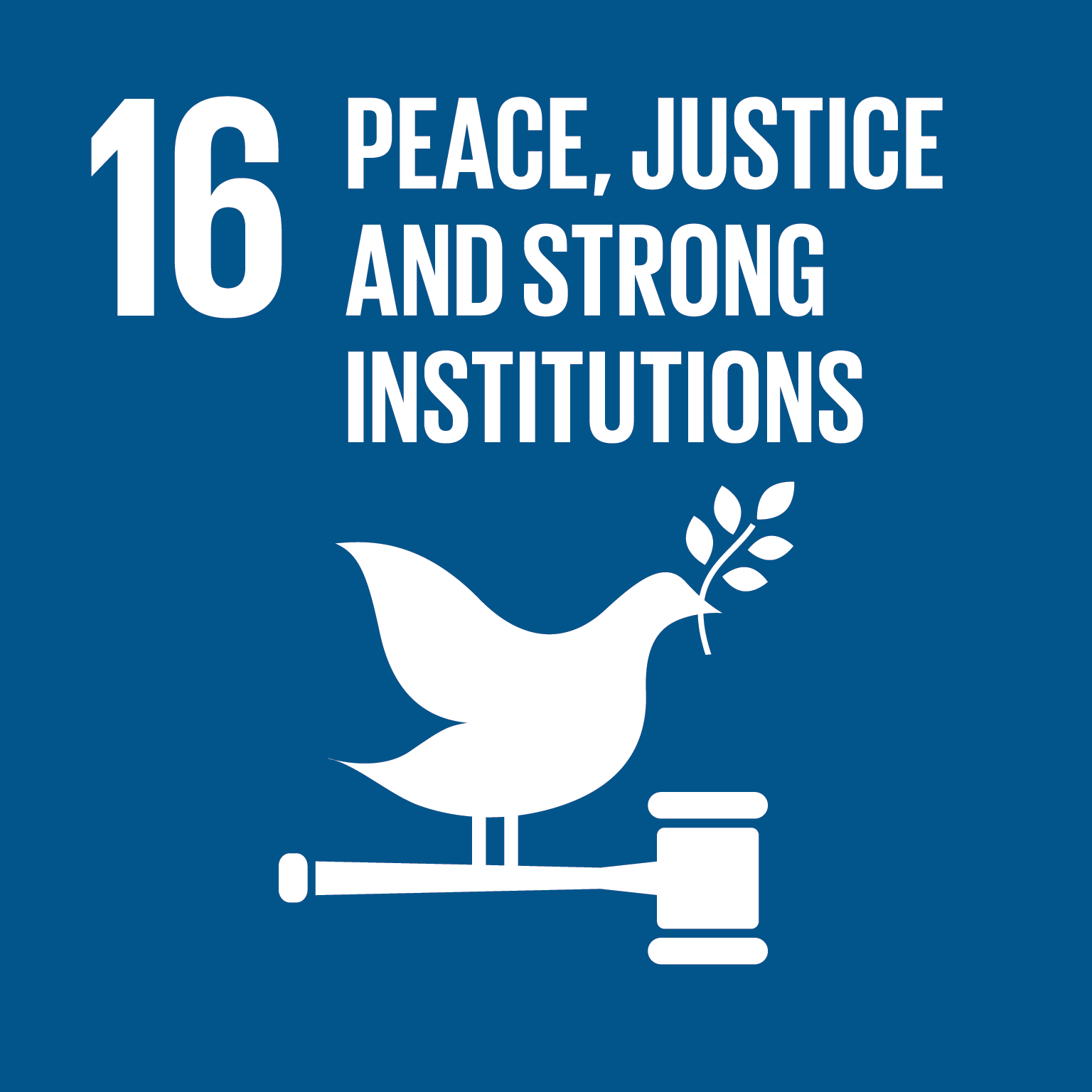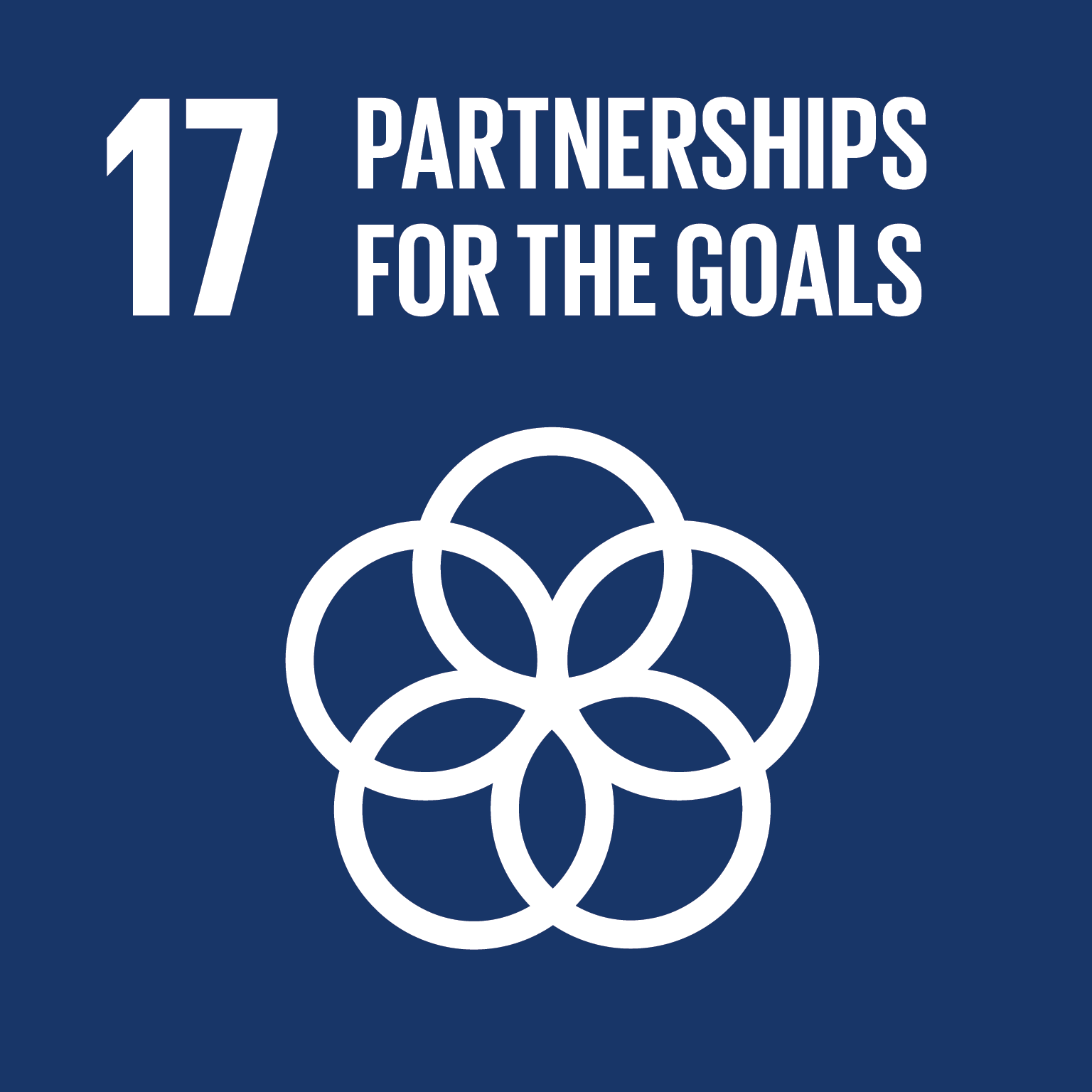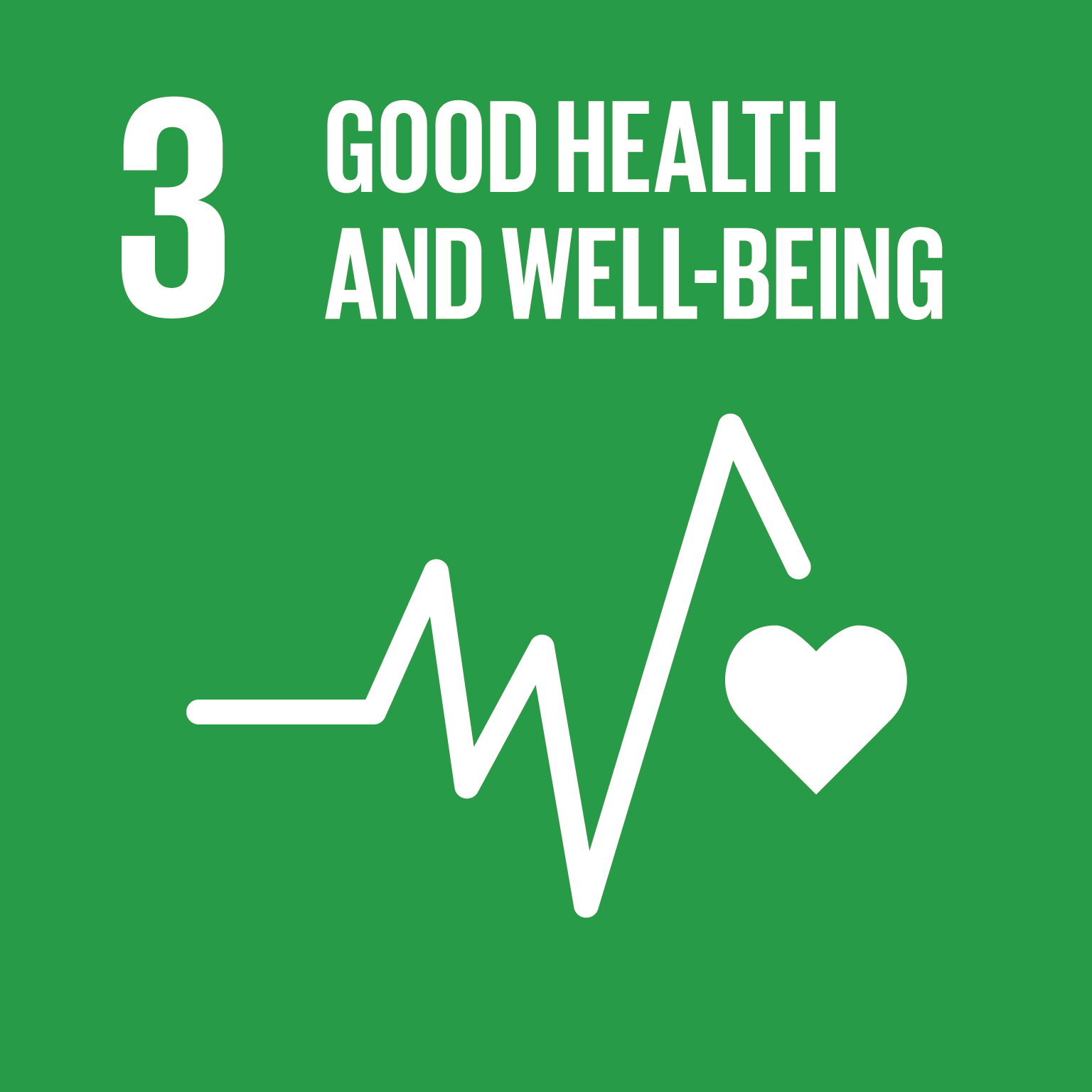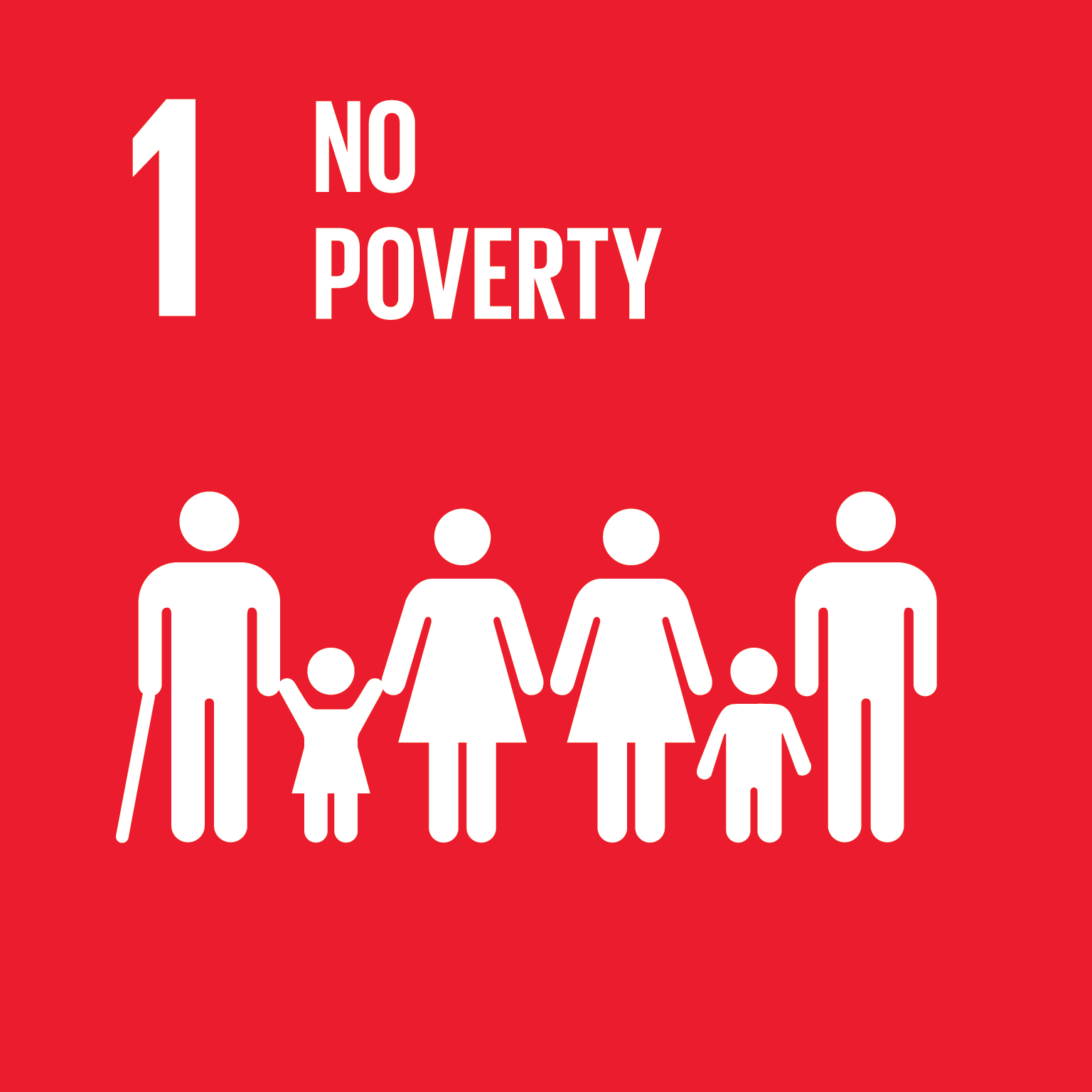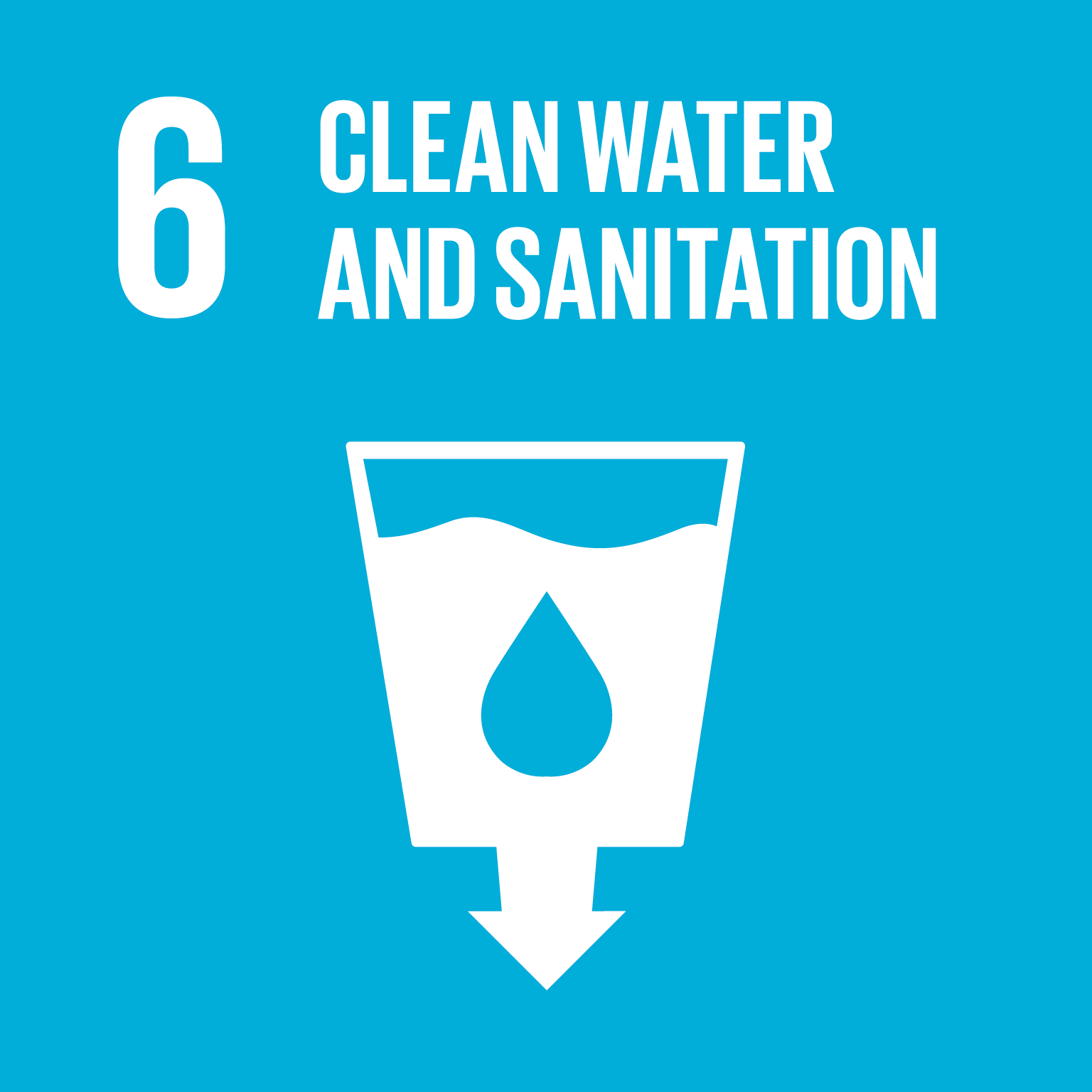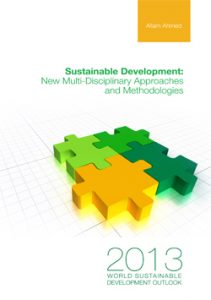Overview
WASD 11th International Annual Conference
Sustainable Development: New Multi-Disciplinary Approaches and Methodologies
London School of Economics (LSE), London, United Kingdom, 2-4 September 2013
This conference focuses on the question what do policy makers actually need to know for policy formation? What exactly we are trying to sustain, how much of it and how to value it; the underlying boundlessness of the concept of SD and whether ‘decoupling’ or the ‘green elasticity of growth’ has anything to offer policy makers. In doing so, the conference adopts a holistic approach to critically examine the inter-relationship between the natural, the governmental, the economic and the social dimensions of our world and how science and technology can contribute to solutions. Moreover the conference discusses a range of questions relating to strengthening the linkages between industry, universities and research institutions as well as reconnecting these institutions to the SD discourse by exploring the role of professionals, universities and research institutions in achieving SD. Therefore a number of issues relating to the role and relevance of professional bodies, universities and research institutions to the contemporary discourse of development have been examined during the conference. More importantly the conference critically discusses the role of academics and professionals in supporting and enhancing the process of economic and social development and the major obstacles for science and technology in developing countries (DCs).
Diaspora
The collaboration between the Diaspora and those working within the country of origin offers several opportunities and contributes to increase productivity towards sustainable and inclusive knowledge-based growth. Building constructive relationships between the Diasporas and countries of origin require that Diasporas be treated not as a mere resource, but as partners and investors with mutual benefits.
It has long been argued that Diasporas will be most interested in contributing to SD efforts when they have a sense of belonging in relation to their country of origin. Therefore, it is very important to establish trust between Diasporas and governments in the country of origin. In doing so, governments need to invest in identifying their Diasporas abroad and in understanding their skills and interests.
Many sustainability problems can only be tackled by connecting the diaspora with those working within the country of origin, for example combating the results of climate change, diseases such as malaria, reservation of natural resources, fighting land degradation or limiting the loss of biodiversity and many other problems. Moreover, knowledge or evidence-based policymaking is indispensable if gaps in living standards are to be narrowed. Therefore, building capacity in country of origin is necessary for competing in the global arena and there it is critical to turn the diaspora into a positive tool for SD as well as serving as role models for the youth in the country of origin.
Location
Geneva, Switzerland
Team
The conference is organised by several committees from WASD and under close supervision of WASD Advisory Board.
WASD Team
- Prof. Allam Ahmed: Co-Chair and President WASD
- Janet Snow: International Coordinator and Editor
- N. Joseph Navinraj: Publishing
- Joseph Adamson: Video Production
- Vicky Trainer: Graphic Designer
